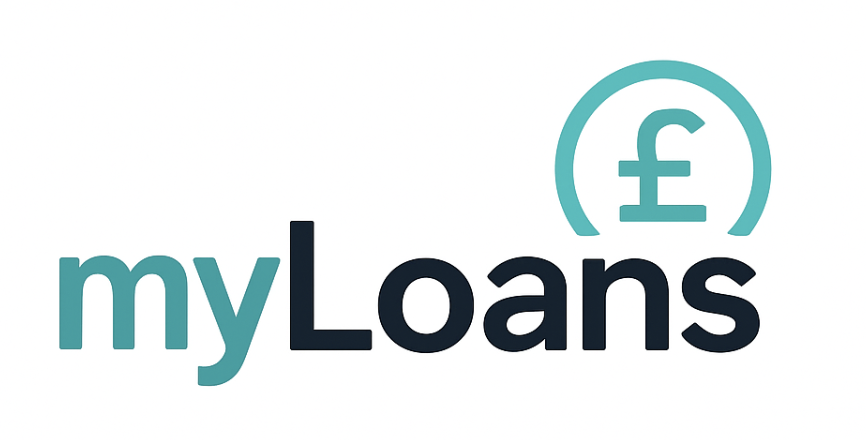What Is Debt Consolidation?
Debt consolidation means combining multiple debts into a single loan or repayment plan. Instead of paying several creditors, you make one monthly repayment — often at a lower interest rate.
Benefits include:
-
Simplified repayments
-
Potentially reduced interest and fees
-
Lower monthly costs (depending on the loan term)
-
Reduced stress and improved budgeting
See also: Best Debt Consolidation Loans UK 2025 – Top Options.
Types of Debt Consolidation Options
1. Unsecured Personal Loans
-
No collateral required
-
Suitable for consolidating multiple small debts
-
Best for borrowers with strong credit scores
-
Higher interest rates for bad credit borrowers
👉 Explore: Personal Loans UK – Pros, Cons & Alternatives.
2. Secured Loans
-
Backed by assets such as your home or car
-
Lower interest rates and higher borrowing limits
-
Risk: repossession if you default
👉 Related: Homeowner Loans UK.
3. Balance Transfer Credit Cards
-
Many offer 0% interest for a promotional period
-
Useful for consolidating credit card debt
-
Risk: high interest once the 0% period ends
👉 Compare with Credit Cards for Bad Credit.
4. Debt Management Plans (DMPs)
-
Arranged via debt charities or credit counselling agencies
-
One affordable monthly payment
-
Creditors may agree to freeze or reduce interest
-
Includes financial education and budgeting support
📌 Get help from StepChange, MoneyHelper, or National Debtline.
Assessing Your Financial Situation
Before consolidating, review your finances carefully:
Evaluate Your Debts
-
List all debts: balances, creditors, interest rates, monthly repayments
-
Prioritise high-interest debts
-
Spot areas for negotiation
👉 See: Debt Consolidation Loans – Is It Right for You?.
Check Your Credit Score
Your score affects eligibility and interest rates.
-
Get a free report from Experian or Equifax
-
Dispute any errors
-
Lower your credit utilisation ratio
-
Make timely payments to boost your score
👉 Related guide: Loan Eligibility Requirements.
Exploring Your Options
Research Lenders
Look for FCA-authorised providers and compare:
-
APR and interest rates
-
Fees and charges
-
Repayment flexibility
⚠️ Avoid lenders who guarantee approval, charge upfront fees, or lack transparency.
📌 Verify authorisation via the FCA Register.
Credit Counselling Agencies
Accredited agencies can help you:
-
Negotiate with creditors
-
Set up structured repayment plans
-
Build long-term money management skills
📌 Find support at Citizens Advice or StepChange.
Impact on Your Credit Score
-
Short-term: Applications trigger hard checks, causing a temporary dip
-
Long-term: Making regular payments on a consolidation loan can rebuild your credit history
👉 See: Bad Credit Loans UK 2025 – Top Lenders Compared.
Applying for a Debt Consolidation Loan
-
Prepare documents – income proof, debt details, ID
-
Apply online or in-branch – be honest about your financial situation
-
Review loan terms – check APR, fees, repayment period
-
Confirm affordability – use a budgeting tool or seek independent advice
👉 Related: How to Use a Personal Loan Calculator.
Managing Your Consolidation Loan
-
Create a budget – include your new repayment
-
Make timely payments – set up direct debits or reminders
-
Avoid new debt – pause credit card use while consolidating
-
Build an emergency fund – reduce the need for future borrowing
📌 For support, visit MoneyHelper or National Debtline.
Pros and Cons of Debt Consolidation
✅ Pros
-
One manageable repayment
-
Lower interest rates (for good credit)
-
Improves credit score over time
-
Reduces repayment stress
❌ Cons
-
Best rates require good credit
-
May involve arrangement or transfer fees
-
Risk of accumulating new debt if habits don’t change
👉 Compare with: Alternatives to Personal Loans.
Conclusion
Debt consolidation can simplify repayments and reduce financial stress — but it’s not a one-size-fits-all solution. By assessing your debts, comparing options, and borrowing responsibly, you can take control of your finances and work toward becoming debt-free.
📌 For free, impartial advice, visit:
👉 Explore related guides:
Is Debt Consolidation Right for You? A Guide
Is Debt Consolidation Right for You?Debt can feel overwhelming, and the stress of managing it can seep into every aspect of your life. From juggling multiple payments and dealing with high interest rates to keeping track of various due dates, the chaos can be mentally...
Debt Repayment Calculators: A Guide
Understanding Debt Repayment Calculators: A GuideManaging debt can be overwhelming, but debt repayment calculators can make it easier to create a plan and stay on track. These tools help you understand how long it will take to pay off your debt, what your monthly...
Common Mistakes in Debt Consolidation Loans
Common Mistakes in Debt Consolidation LoansDebt consolidation loans can be a lifeline for those in the UK looking to streamline their finances and reduce the stress of juggling multiple repayments. However, the process isn’t always as straightforward as it sounds....
Steps to Successfully Consolidate Your Debt
Steps To Consolidate Your DebtFinding finance when you have a poor credit history is rarely easy. Many UK consumers struggle with managing debts, juggling multiple bills, or facing higher costs for borrowing. One solution often considered is a debt consolidation loan....





